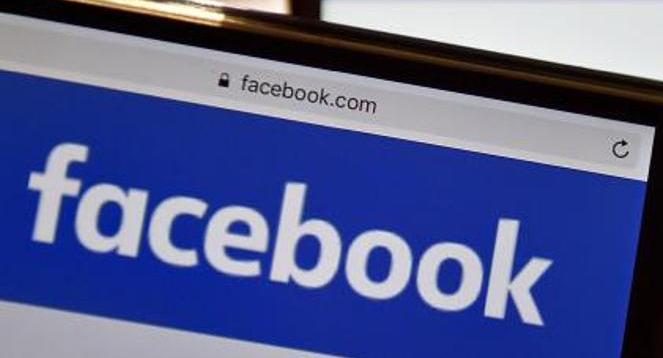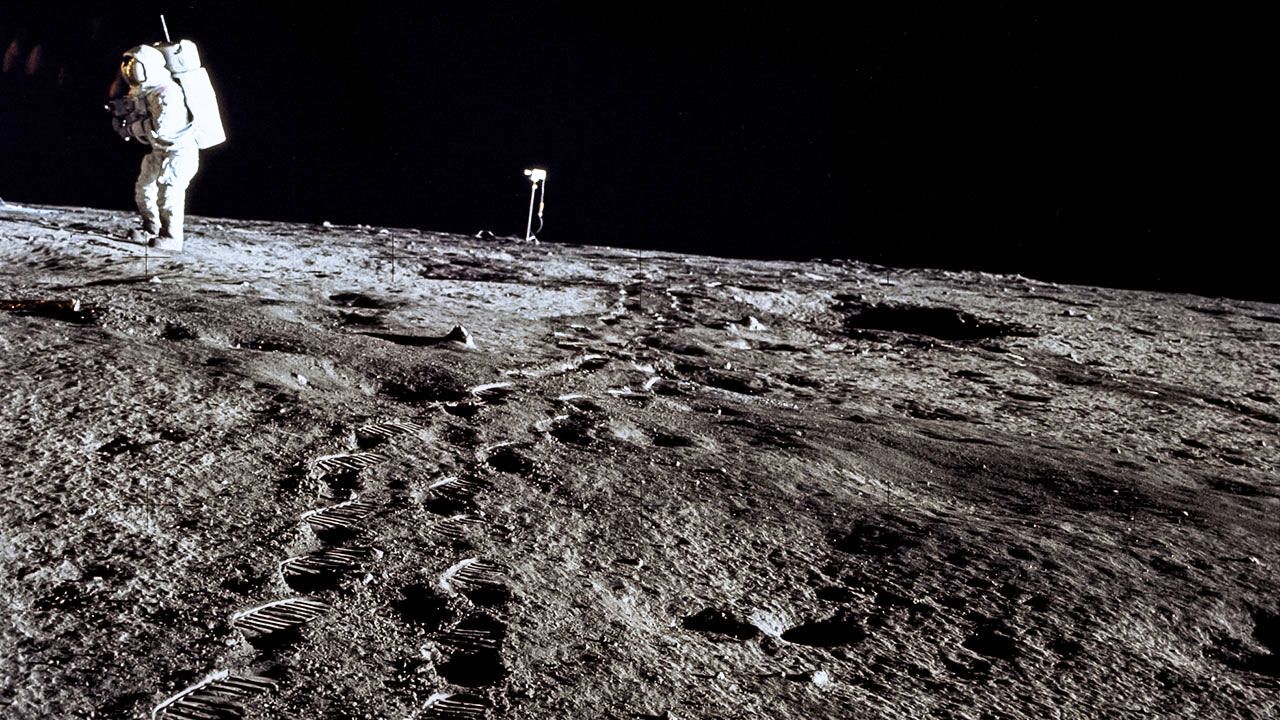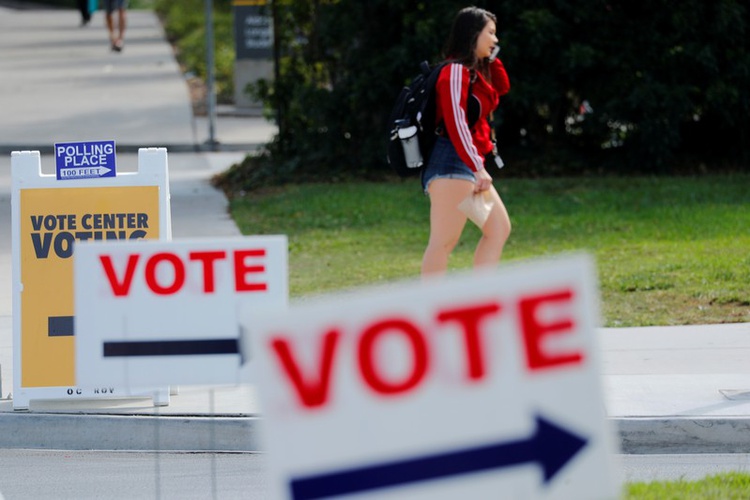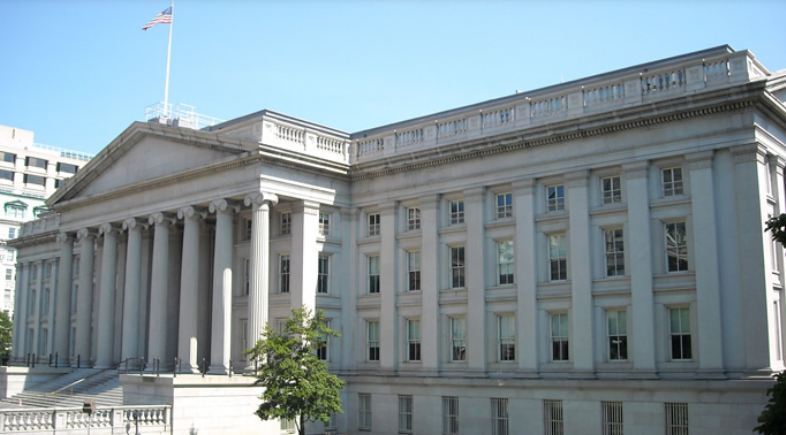Russia-U.S. confrontation is extending to the economic and trade field as Washington is poised to hit Moscow new and powerful sanctions on Aug. 22.
Russia views the move as a declaration of “economic war”.
The U.S. State Department said that Washington would impose new sanctions on Russia on or around Aug. 22 over the alleged poison attack on ex-Russian spy, Sergei Skripal, and his daughter, Yulia, in the British city of Salisbury in March.
According to the Russian Foreign Ministry, the U.S. restrictions will possibly include a ban on foreign assistance to Russia and sale of military and dual-use items to the country, as well as renunciation of providing state loans and other financial aid.
U.S. State Department officials estimated that the sanctions might affect hundreds of millions of dollars worth of exports, dealing a blow to about 70 per cent of the Russian economy.
It might also result in approximately 40 per cent fall in workforce.
“All I can say is if they ban banking operations or the use of any currency, we will call it the declaration of an economic war,” Russian Prime Minister Dmitry Medvedev said on Friday.
“And we’ll have to respond to it – economically, politically or in any other way, if need be. Our American friends should make no mistake about it,” he warned.
News about the upcoming U.S. sanctions has thrown Russian ruble to a record low since 2016.
The currency traded 67.72 per U.S. dollar on the spot market at the Moscow Exchange on Friday.
Russian stocks also tumbled on Friday, with the ruble-denominated MOEX Russia Index falling 1.5 per cent and the U.S. dollar-denominated RTS Index dropping 3.68 per cent.
Russian Finance Minister Anton Siluanov attributed the ruble depreciation partly to the new U.S. sanctions.
But he added that the unstable situation on developing markets were also to blame.
In spite the volatility, Kremlin spokesman Dmitry Peskov said Russia’s financial system was “fairly stable”, adding that it had proved its resilience in difficult times.
Peskove said that Russia’s broader economy was recovering from years of recession.
The Russian federal service for state statistics said on Friday that the country’s GDP grew 1.8 per cent in the second quarter of the year, up from 1.3 per cent in the first three months.
Russia’s trade surplus surged 78 per cent year-on-year in June to reach 15.5 billion dollars, the Russian Central Bank said on Friday.
On Aug. 5, Russia started imposing additional import tariffs of 25-40 per cent for a range of U.S. goods, including road construction, oil and gas industry, metal processing machinery as well as fiber-optics.
The volume of the new Russian tariffs, in retaliation for U.S. extra tariffs of 25 per cent on steel and of 10 per cent on aluminum starting March 23, will amount to 87.6 million dollars a year.
The U.S. also seeks to contain Moscow’s energy sector, which the Russian economy heavily depends on.
Medvedev on Friday criticised Washington for forcing European countries to buy more U.S. liquefied natural gas (LNG) and complicating the construction of a new Russian gas pipeline to Europe.
Russia’s Nord Stream two will expand the existing Nord Stream main gas pipeline by linking Russia and Germany via the Baltic seabed, bypassing Ukraine, Belarus, Poland and other eastern European and Baltic countries.
U.S. President Donald Trump lashed the German government for agreeing on the project in July at the headquarters of the North Atlantic Treaty Organisation in Brussels, saying that the pipeline would make Germany dependent on Russia.
Peskov said Trump’s criticism was aimed at promoting sales of U.S. LNG to Europe and the Kremlin considered this to be a manifestation of unfair competition.
Xinhua/NAN





